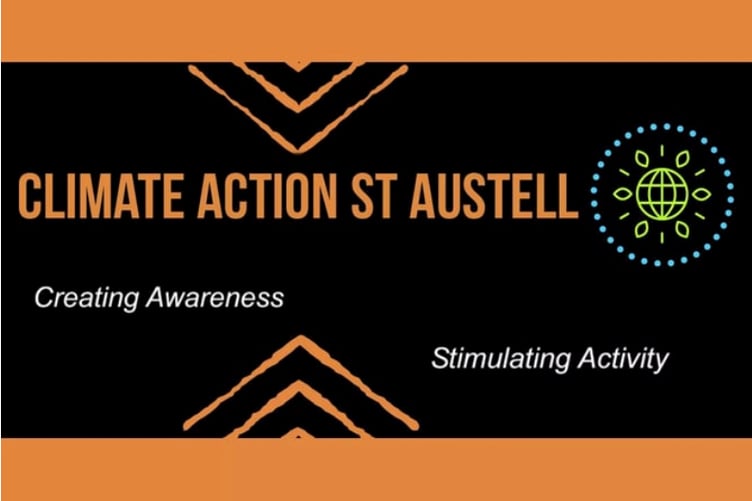WHAT we eat matters more than we might think – not just for our health, but for the planet and the animals we share it with. Choosing a plant-based diet is one of the most effective ways to cut your carbon footprint, protect wildlife and boost your wellbeing.
The global food system is responsible for about a third of all greenhouse gas emissions, with animal agriculture being the biggest contributor. Producing meat and dairy generates huge amounts of carbon dioxide through deforestation, methane from cow digestion and nitrous oxide from fertilised feed crops.
Methane is over 80 times more potent than carbon dioxide over a 20-year period and nitrous oxide traps nearly 300 times more heat.
Switching to a plant-based diet can save around 0.8 tonnes of carbon dioxide per person each year, according to the BBC. That’s more than many people think – and a big step toward tackling climate change.
Fish might seem like a sustainable option, but industrial fishing is a major environmental problem. It depletes ocean life, destroys marine habitats, like coral reefs and seagrass beds, and releases stored carbon from the seafloor – adding to climate change. Bycatch, the unintended capture of other species, also kills large numbers of non-target animals each year, including turtles, dolphins and sharks.
Plant-based diets are linked to lower risks of heart disease, diabetes and some cancers. They’re naturally rich in fibre, antioxidants and essential nutrients. And let’s not forget the ethical side: reducing meat and fish means fewer animals suffering in factory farms or dying in nets.
You don’t need to go vegan overnight. Start with one plant-based day a week, try oat milk in your coffee, or cook a veggie curry. Every small change adds up.
In short, eating more plants helps the planet, protects animals – on land and in the sea – and boosts your health. That’s a win-win-win.


.jpeg?width=209&height=140&crop=209:145,smart&quality=75)


Comments
This article has no comments yet. Be the first to leave a comment.